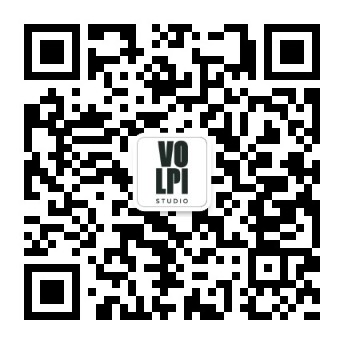How often have you heard or read the word “smart working” in the last few months? Probably very often. Even prior to Covid-19 there was a real need to facilitate remote working, but the health crisis made work from home mandatory and the interest in smart working reached unexpected peaks.
At Studio Volpi we turned the challenge posed by the pandemic into an opportunity to gather useful insights. With the support of LIUC, University Carlo Cattaneo, and one of their students, Lida Gjetja who wrote her thesis on our complete transition to smart working during the health crisis - we developed a research to define how to adapt to a completely smart approach to work and productivity.

What is smart working?
Smart working and work from home are not interchangeable terms: despite the common use, they mean two different approaches. The first defines a re-definition of work based on the flexibility of the work places and times, the use of technologies and tools and a different approach.
Smart work, in fact, is a goal driven methodology that values the objectives achieved and not the hours spent reaching them. Work from home, on the other hand, defines an approach where everything is unchanged from traditional office work, apart from the setting as employees perform their daily tasks from their own house.
100% Smart
At Studio Volpi we are not new to smart work, but during the pandemic we optimized our tools and devices to allow all our teams to completely transition into smart working. We set new work frames to empower our employees: as smart work values performances and outputs, the individual responsibility increases.
In the meantime, with the precious support of Lida, we developed a series of interviews to our Business Unit managers and a survey to monitor our employees’ satisfaction and value the results of our ongoing efforts.
The outcome of the research shows how each of us adapted into a new work frame 100% smart and how the experience of the last few months proved to be effective: most of us believe that
a balanced work-week should include some days in the office and others in a smart working situation to enhance work life balance, without affecting the productivity.
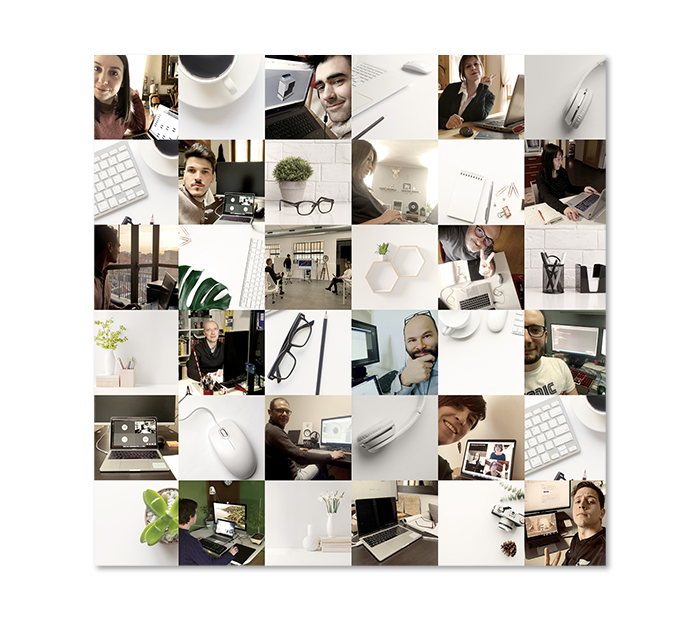
Let’s get digital: remote workshops
Smart work also means turning activities we used to perform in person into online events. Conferences and trade shows were replaced by webinars, talks and online events. More “hands on” activities with our clients and partners had to turn into digital ones: an example is our workshops that completely became remote.
Our Interaction Designer Luca Toscano who, as part of the design team, facilitated many digital workshops, pointed out how “distance doesn’t make things easy but it also challenges us to find the best solution to fill the communication gap between us and our interlocutor.
As designers we were used to communicate through objects, images, gestures and at the beginning we were afraid that, without physical interactions, our messages were less powerful. Reality proved to be different: thanks to the digital tools available, we can turn online sessions into very insightful moments”.
Keep things interactive
At Studio Volpi, we usually arrange workshops to kick-off of a new project, with the aim to boost involvement, gather information, and explore new opportunities. In order to fully explore the potential of remote workshops and avoid over-simplification - just digitalizing a physical workshop -, we decided to involve small groups of participants into short workshops sessions, and to shape a highly interactive session.
To keep things interactive, great allies can be found in digital tools: “Miro, Mural, Notion or Shape are very effective to prepare and run remote workshops. They help us designers to reimagine traditional processes, gather insights and develop new ideas. These tools allow us to sketch flexible and customizable templates before the meeting that target the real needs of the client. During the workshop, all participants can access the digital templates and work on them. And after the workshop, it’s very easy to gather and analyze all materials since they are stored online. The experience proves that if we are brave and flexible enough to try new solutions, we discover there are no such things as definitive methodologies. And yes, digital tools and even digital interactions can be very effective!”
The perks of remote workshops
As a consequence of the use of digital tools, iteration speeds up: it’s easy to adjust and implement the activities one session after the other. “Remote workshops allow us to be flexible and effective: we can easily schedule different sessions according to the participants’ availability. It’s not only fast but it also saves money and resources, as there is no need to travel or to prepare physical materials. It’s good for the project sustainability and for the environment too!”, explains Giacomo Guaragna, our Service Designer.

Giacomo lately experienced remote workshops from a different perspective, that of the Project Manager: “As I supported the facilitators of the workshop, I exclusively focused on the overall development and pace of the activities, and on the participants’ involvement. That’s why I can say that, despite the success of a workshop usually relies on physical interactions, a remote workshop pushes all participants to find ways to empathize and nurture the other people on their screen. A quick outlook of the home-office, presentations of pet ‘assistants’, and the choice of funny backgrounds are very effective ice-breakers!”
Hacks for an effective remote workshop
Giacomo and Luca shared a few tips to run an effective workshop online.
▪ The first one is to keep the camera on: it may sound very obvious but it is important to see each other during the workshop.
▪ Prepare templates that allow the gathering of insights and let space to the ideas that can spontaneously come up.
▪ Start the workshop with a complete but brief introduction of the overall activities to share with all participants tasks and objectives of the session.
▪ Don’t get stuck on a specific point, let the flow, flow! Get back to the blank point later.
▪ Divide the participants into very small teams and give simple and brief tasks
▪ Don’t run a workshop alone: work it with at least one colleague
▪ Schedule in advance a meeting to present the workshop results
If you liked this article, why not read our insights on the latest trends about connectivity and IoT?
-
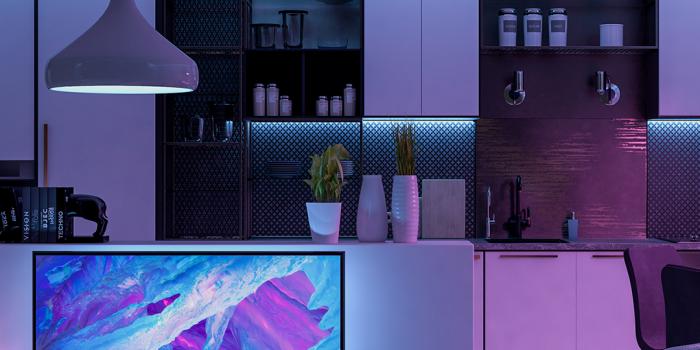
-
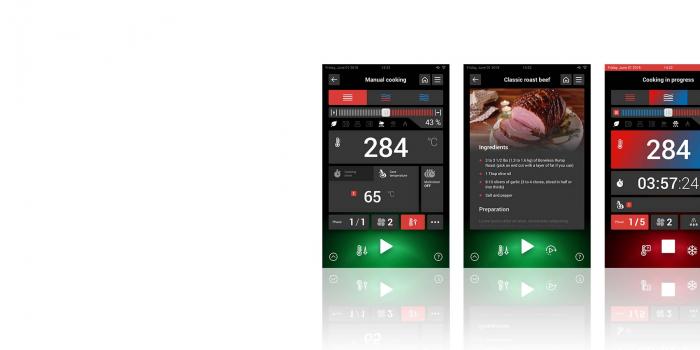
-
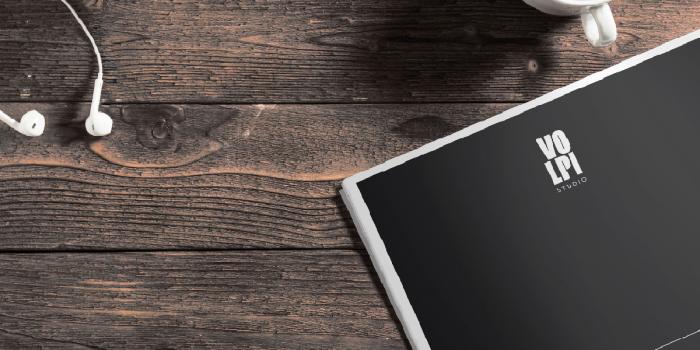
Perspectives Mar 30, 2020
KITCHEN 4.0: HOW DIGITALIZATION IS CHANGING THE RULES
Technological updating and the integration of an interconnected soul are turning modern professional kitchens into a perfect example of the 4.0 industry, where the product and its super digital powers become a tool to improve working conditions, enhance productivity, monitor the processes to achieve better results and create new business models






